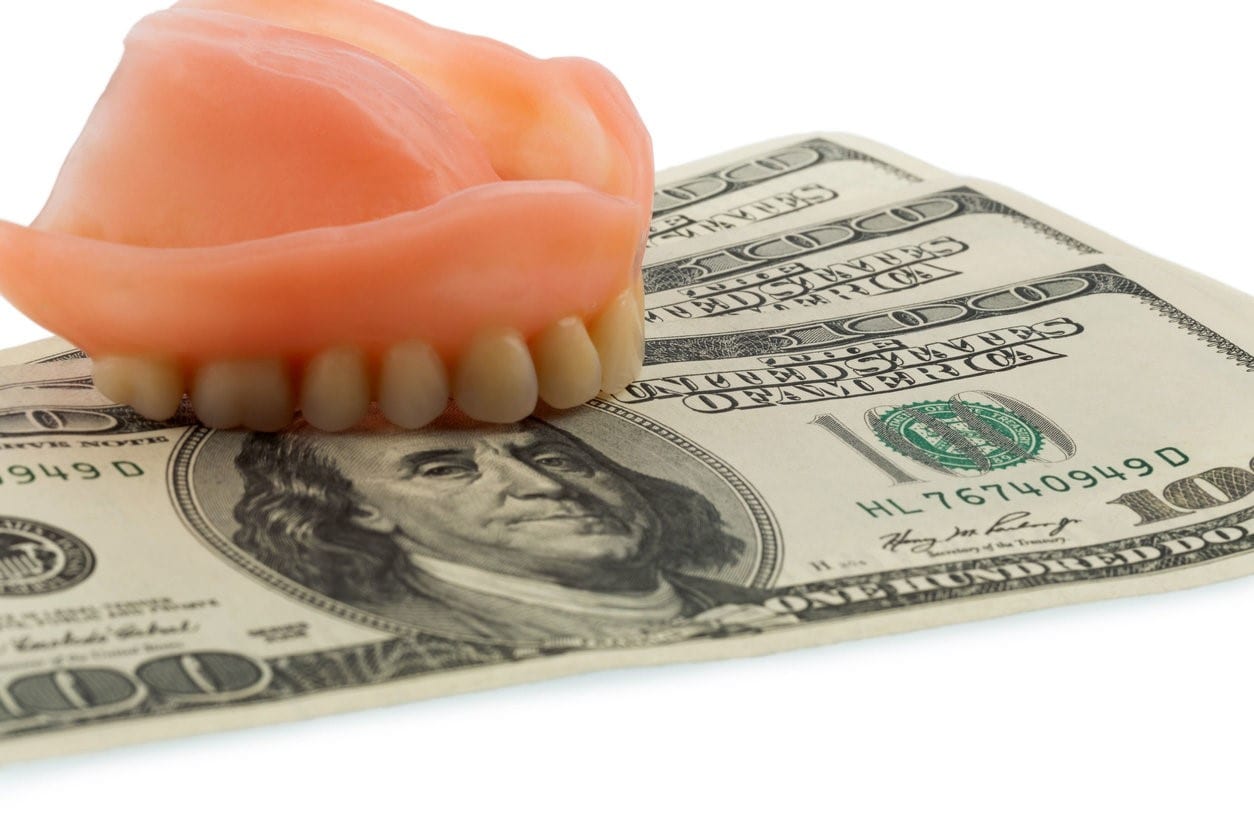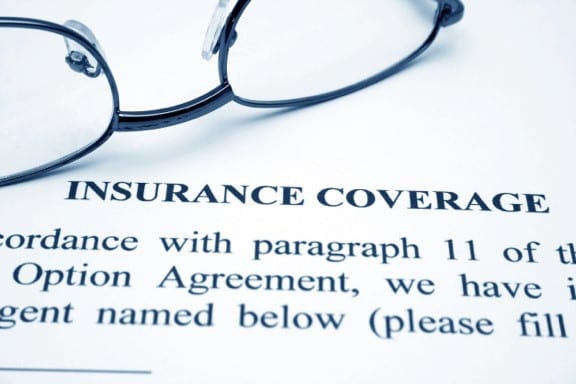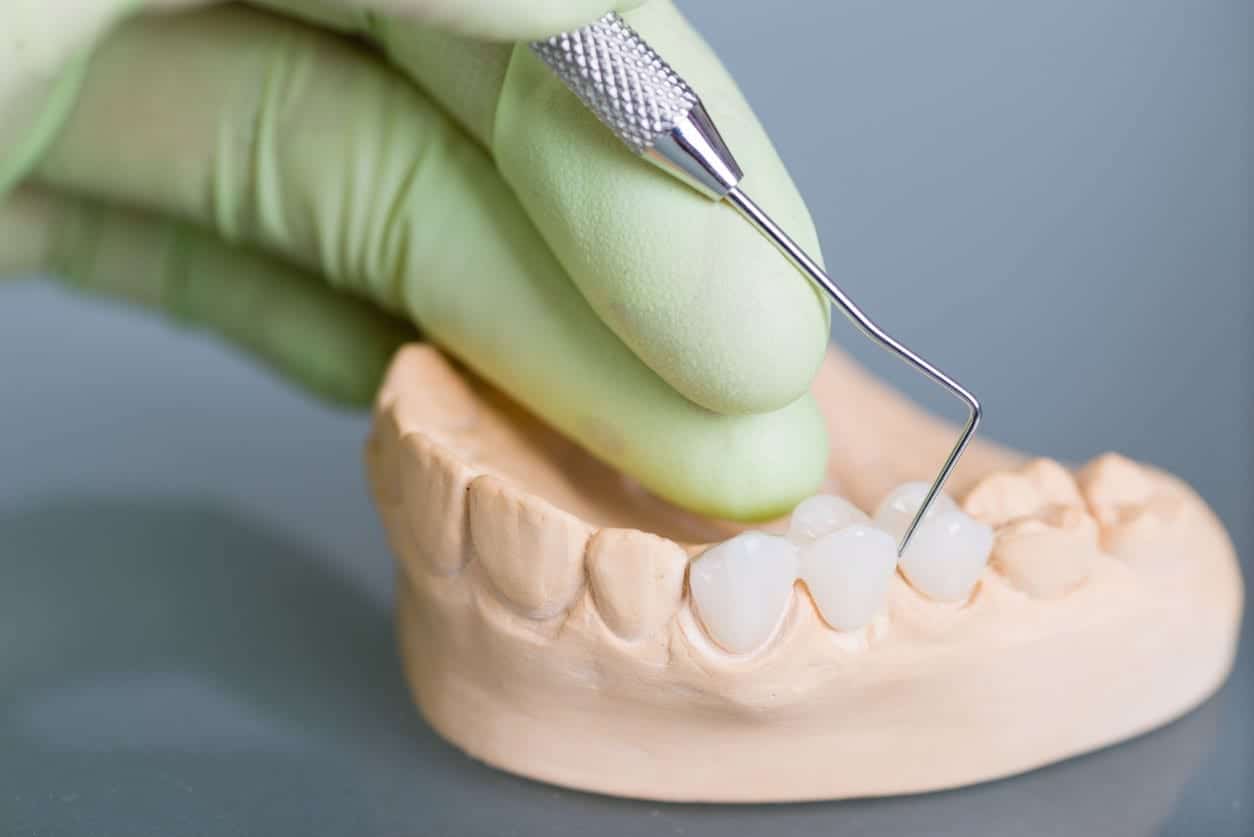
Like everything else in life, going to the dentist costs money. If you are insured through your job, your policy may cover dental services.
Unfortunately, not everyone is so lucky. If you don’t have a favorable insurance (or any dental plan at all), the costs of a dental visit can be intimidating. They may have even kept you away from the dentist for a while.
That’s why we’ve decided to write this post. We wanted to let people know that they do have options.
Below, we’re going to explore the different possibilities you may have for dental insurance, and how it will help to reduce costs at the dentist’s office.
What Does Dental Insurance Cover?
Before we discuss the different types of insurance, let’s go over what dental insurance can do for your dental bills.
Dental insurance typically covers routine work that keeps your mouth healthy and clean. With each plan, you are given a maximum threshold for a period of time.
For example, if you are visiting the dentist for cleanings or fillings, you will not have to pay more than 20% of the final bill until your maximum coverage threshold is reached. Then everything must be paid out of pocket.
This is different than the typical health care insurance plans, which is one of the reasons why dental and general medical insurance are kept separate.
For procedures like crowns or tooth replacements, you may be offered a deductible, but still have to pay out of pocket for a part of the procedure’s costs. Typically, plans stick to paying around 50% of costs for these procedures.
If you are pursuing certain types of oral surgery, you may be able to get coverage, but it is not a guarantee. Procedures that address “non-medically necessary problems” are not usually covered. This also includes some teeth whitening or other cosmetic procedures.
Each plan is different, and covers a different list of dentists in your area. Be sure that before you pick a plan, it includes your dentist of choice, and covers the appropriate procedures that fit your dental needs.
So, what are the different types of dental plans, and how can you get them?
Through Your Employer. If your healthcare plan is provided through your employer, you may or may not receive dental coverage. While children’s dental insurance is required on all employee healthcare plans, employers do not have to offer you a plan with adult dental.

If you are offered dental, however, you should probably take it. You still only have to pay one premium by adding on dental, and it adds more value to your insurance plan.
Stand Alone Plans. If you do not have insurance, or your employer does not offer a plan with dental, you may want to choose a stand-alone dental plan to add to your insurance.
If you have a dentist that you regularly visit, this may be your top priority while shopping for insurance plans. The alternative is to find a dental plan that covers a wide variety of dentists in the area so you can have options and find the right dentist for your cosmetic and oral health needs.
This is where it is important to assess your current dental needs and what you want your plan to cover. What is your current condition? Are there teeth that need to be replaced? Are you prone to cavities, or do you prefer a plan that pays more for other dental procedures? To look through plans that are available to you, click here.
You have another option if you do not have any insurance at all (or if your employer’s insurance plan does not offer what is required by the Affordable Care Act). If you decide to look for plans through the “Marketplace,” you can apply online, over the phone, through the mail, or at a local office. Marketplace plans are based off of your income, and usually allow you to save some money.
Payment Plans. Even if you opt not to get dental insurance, there is an option available to keep you from having to pay off the entire cost of your treatment all at once. At our offices, we offer CareCredit, which allows clients to make monthly payments. Depending on your situation, you may be able to avoid paying any interest for a specific time period. Learn more here.
The Future of Your Healthcare Plan

Unfortunately, the fate of the current healthcare system isn’t set in stone with the recent election of Donald Trump. Since he has positioned himself as an avid opponent of the insurance plan, we may see the end of “Obamacare” and the beginning of a new system before we know it. All you can do until then, though, is judge plans based on their current merits.
Consider the pros and cons of each type of insurance and how it will fit into your budget. Once you’ve made a decision, reach out to us to schedule your next dental appointment.






